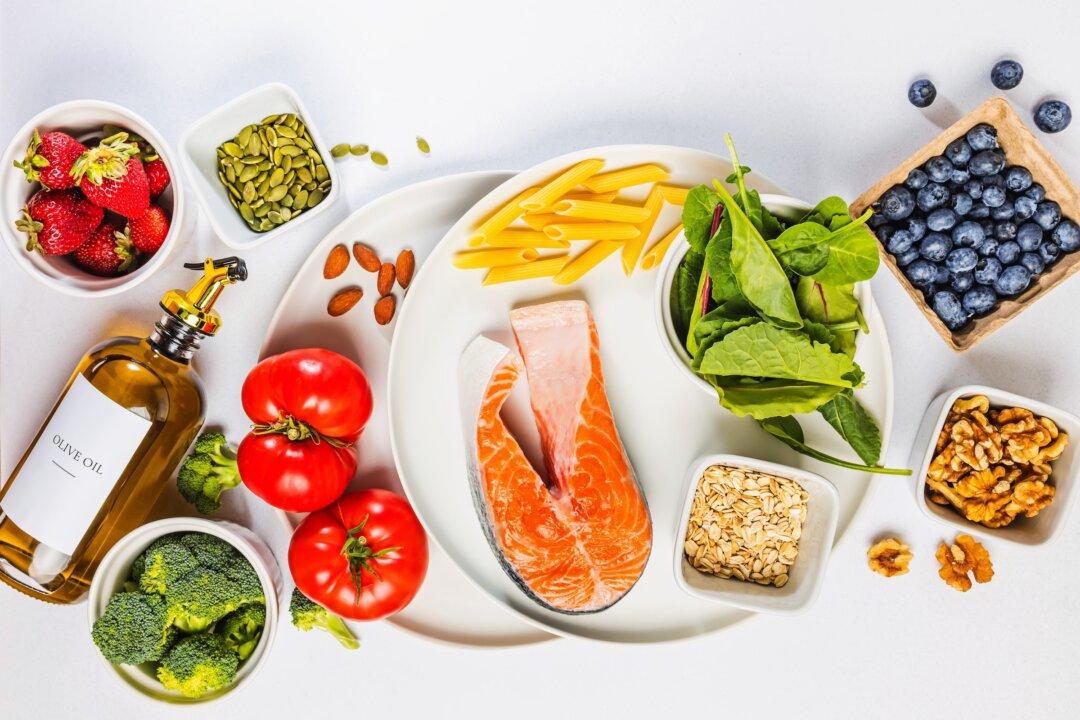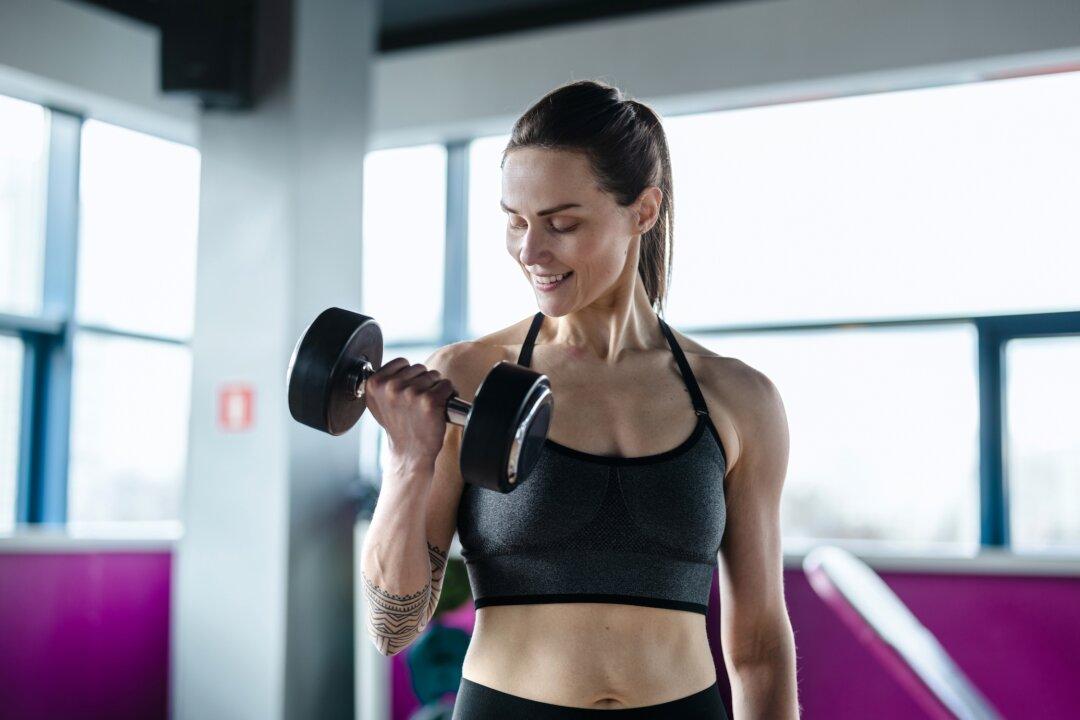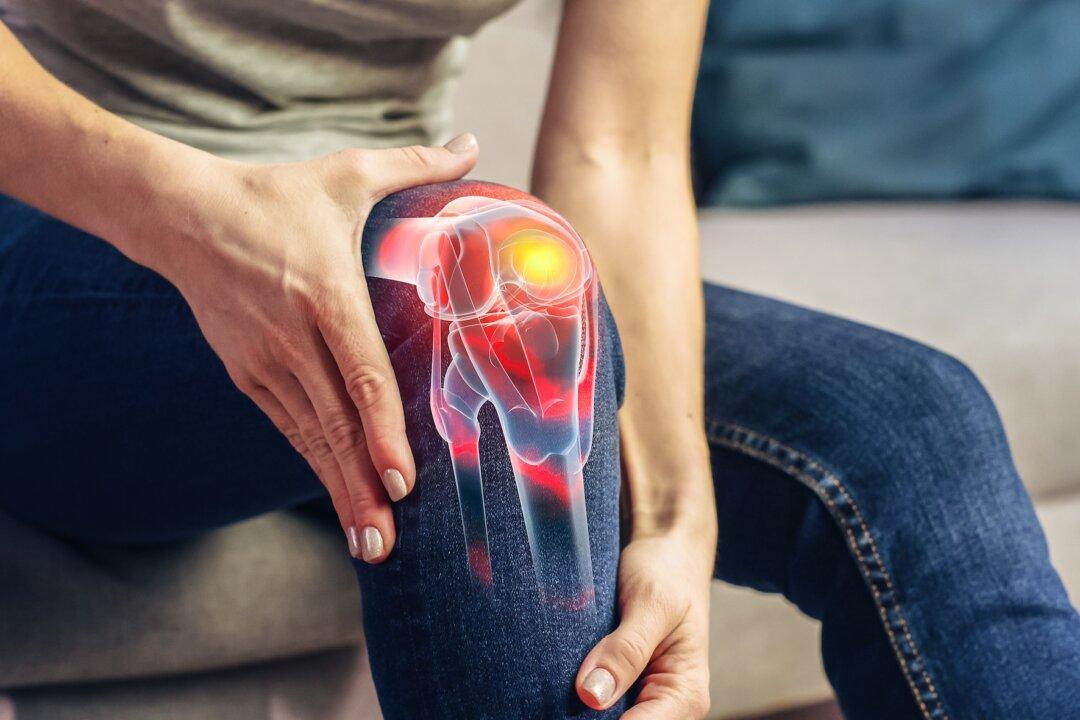Fifty-two percent of North Americans buy over-the-counter food supplements of questionable value, to the tune $41 billion a year. A 2019 review of 277 clinical trials on 992,129 participants, using 24 different supplements, found that nutritional supplements were not associated with increased lifespan or prevention of heart disease.
Athletes and exercisers spend more than 14 percent of the $41 billion, or $5.67 billion, for supplements that are supposed to make them faster or stronger, according to the Nutrition Business Journal





